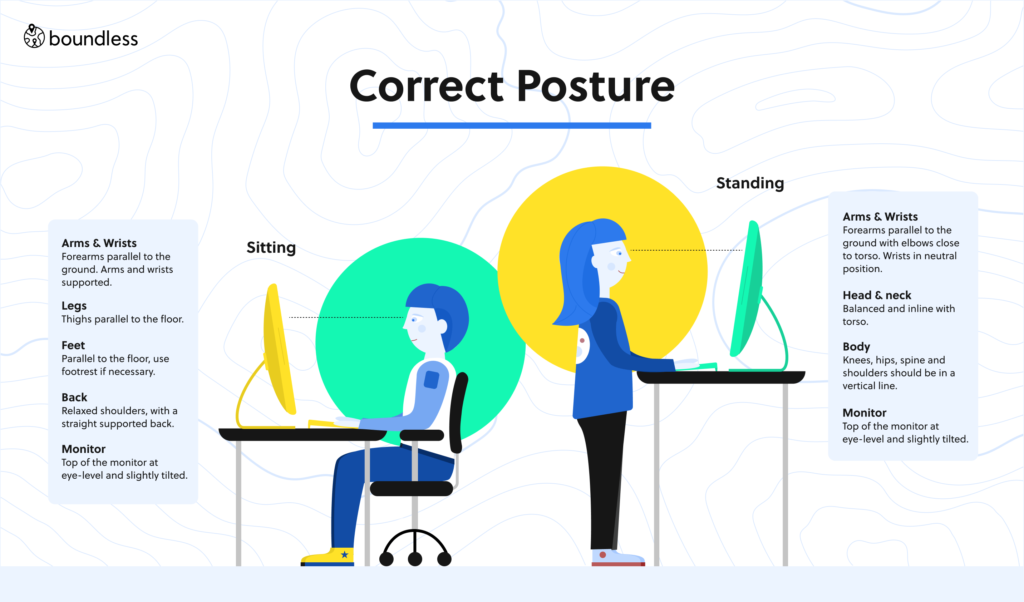

As of January 2021, the government is creating a legal regulation called Mobile Work Act (Mobile-Arbeit-Gesetz) which, if approved, would give employees a legal right to work from home whenever possible. The law has been drafted and is now under review by individual federal ministries. The next step is approval by the cabinet and a decision from the Bundestag and the Bundesrat, on whether it becomes law.
Mobile work is defined as work that uses information technology carried out outside the business premises, such as a coworking space. Telework is defined as work that is exclusively and permanently carried out from the employee's home.
Currently, there is no legal regulation that employees need to follow to request mobile work. Therefore, employees can make such a request at any time, and it is at the discretion of the employer to grant it or not. In case the employer rejects the request, there is no formal procedure or deadlines they need to follow. They also do not need to justify the refusal. If there are changes to the employment location, they must be included in the employee's employment contract.
While many companies already offer employees some flexibility to work from home, Germany has a strong workplace culture. Commonly, if there is an agreement for remote work, an additional agreement is annexed to the employment contract clarifying the following questions:
Employers allowing workers to work remotely have the following obligations:
There are no regulations requiring employers to cover any home office costs other than the tools necessary to complete the work, such as a laptop and telephone. Taxpayers can claim € 6 per day ( €1,260 annualy) in their income tax return while working from home.
Employers bear the same responsibilities for employees' health and safety in the home office as they do in company premises. Companies must carry out risk assessments and prevention, and inform employees of risks they might be exposed to when working from home, both physically and mentally. Due to the employer's limited access to the employee's house, employees' cooperation in the WFH space is of increased importance and should be stipulated in any WFH agreement. In addition to the right to ask questions and make suggestions, employees are above all obliged to take precautions for self-protection and to report considerable dangers resulting from the workspace at home to their employer.
There's a particular focus on assessing health and safety regarding ergonomics of the workstation, adequate lighting, the work processes and working hours. The BMAS has plans to develop regulations focused on work performed in front of screens and display devices.
Currently, employees working from home are not covered under the work accident insurance, but this is being discussed on the Mobile Work Act.
There are no specific regulations about information security or privately used company technology for those working from home. However, employers are responsible for compliance with the provisions of GDPR and for implementing a secure manner to exchange personal data of employees and customers regardless of location. Employees also have to keep the company's secrets and personal data safe and away from others, such as family members and housemates.
Best practices include the use of antivirus and VPN, the connection to trusted networks and encrypted Wi-Fi connections and the avoidance of exchanging confidential data through messaging services and online file sharing.
Although not a law specifically for those working from home, employers should take all reasonable steps to ensure the employee's workstation is correctly set up, safe, comfortable and easy to use to reduce potential injuries as indicated in the health and safety measures. In turn, employees must care for their health and safety and follow any reasonable policies or directions their employer gives them.
An appropriate workstation will include the following:

Employees working from home have the same rights as other employees regarding the Working Hours Act. This means that employees have a right to breaks, maximum working hours, minimum rest periods, and protection on Sundays and public holidays. Employers should respect the employees' private life by contacting them during work hours only.
If the obligation to record the working hours is approved, employers will have to inform the employees about how they record the hours worked and share a copy of the timesheet with the employee if they request so.
Recommendations for employees working from home: